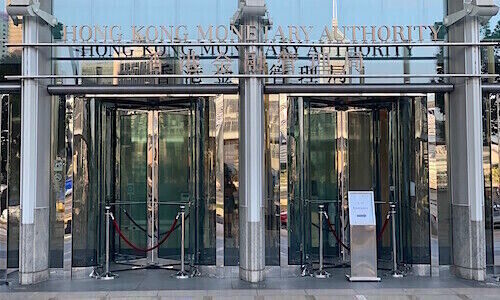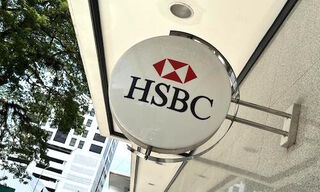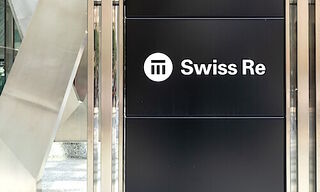Proposed amendments to Hong Kong’s privacy laws could drive tech firms to leave Hong Kong, according to a letter from an industry group whose membership includes industry giants like Apple, Google and Facebook.
Industry group Asia Internet Coalition (AIC) warned that tech companies could stop offering services in Hong Kong if the government proceeds with its proposed amendments to change privacy laws.
They include «severe sanctions» against individuals who violate the proposed rules that the government has underlined is focused on safety and personal data privacy.
AIC’s membership includes global tech giants like Google, Facebook, Twitter, Apple, LinkedIn, Yahoo, Amazon and more.
Too Much Ambiguity
The Hong Kong government is proposing amendments to the city's data protection laws in response to the sharing of police officer and government officials’ personal information during the pro-democracy protests in 2019, also known as doxxing.
Of the proposals is that violators of the law face as many as five years of imprisonment and a fine of up to HK$1 million ($128,800).
But AIC’s letter highlighted «problematic ambiguity» in the legislation due to the vague definition of «doxxing acts» which have been described as the disclosure of information without one’s consent to «threaten, intimidate or harass» others or «cause psychological harm».
Tech Exodus
According to AIC, addressed to Hong Kong's privacy commissioner for personal data Ada Chung Lai-lng on June 25, «introducing sanctions aimed at individuals is not aligned with global norms and trends» warning that the amendments could risk an exodus of tech firms.
«The only way to avoid these sanctions for technology companies would be to refrain from investing and offering their services in Hong Kong, thereby depriving Hong Kong businesses and consumers, whilst also creating new barriers to trade,» according to the letter first reported by «Wall Street Journal».
A Singapore-based spokesperson for AIC said the letter shares concerns from Asia’s tech industry but added that it was «inaccurate» to say any of its members plan to quite the Hong Kong market.





















